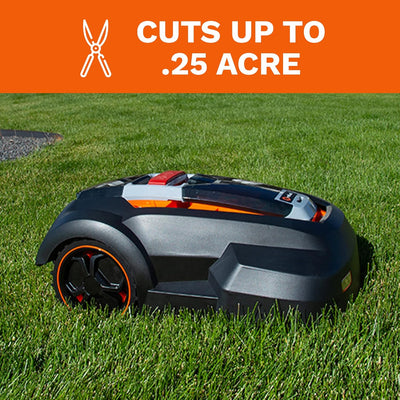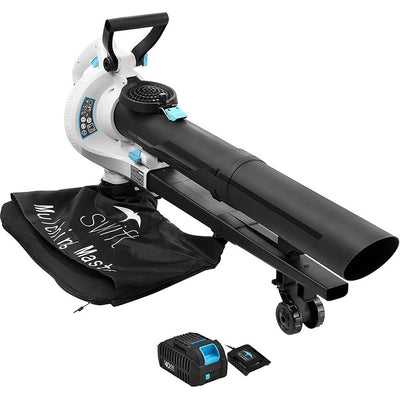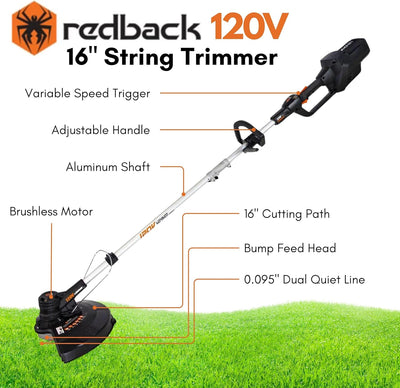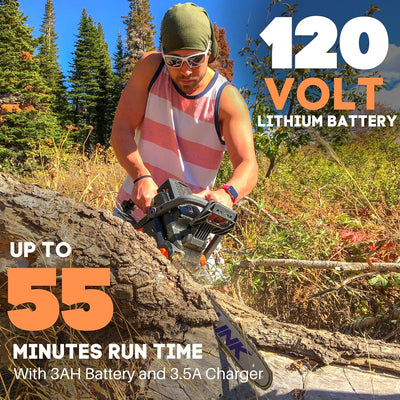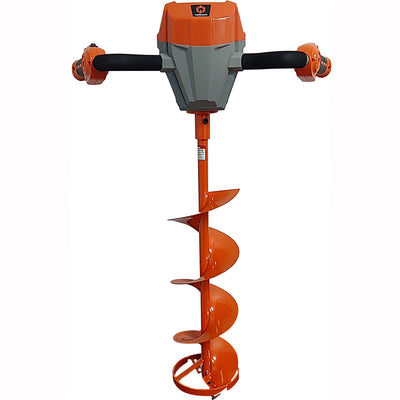A Beginner's Guide to Vegetable Gardening
Gardening is a fun and fulfilling hobby for people of all ages. Whether you're new or have been gardening for years, this beginner guide will help you get the most out of your garden. We'll provide several helpful tips. This guide lets you know how to start a garden and enjoy its beauty for years.

Beginner Gardening Tools and Supplies
Before starting your garden, ensure you have the tools and supplies you need. Here are some of the gardening tools or supplies you might need.
- Earth Auger: This tool is used to quickly and easily dig large planting holes for flowers or vegetables.
- Leaf Blower: A leaf blower can make cleaning up fallen leaves and debris from your garden quick and easy.
- Hand Trowel: A must-have tool for all gardeners is a hand trowel. You can use it to transplant plants, remove weeds, and tend to your garden.
- Garden Hose: An essential part of any garden is a garden hose. It will help you water and maintain your plants conveniently.
- Garden Gloves: Wear gardening gloves to protect your hands from sharp objects and dirt.
- Fertilizer: A good fertilizer will provide essential nutrients to your plants for healthy growth.
By having the right supplies on hand, you'll be able to make sure your garden is successful and enjoyable.
Garden Planning and Design
Once you have the garden tools and supplies you need, it's time to start planning. Consider what plants you want to grow, where they will go in your yard, and how much space you need. It can also be helpful to research which plants need full sun, partial shade, or other specific conditions to thrive.
Garden design is vital in the gardening process. Consider using a theme for your garden, such as a "pizza" garden with all the toppings grown in one spot, raised bed gardens, rockeries, and more. The right design can make your garden look beautiful and provide a pleasant, relaxing environment.
Choosing the Right Plants
When choosing plants for the garden, there are many factors to consider. Look up what plants will thrive in your yard's climate, soil type, and water, light, and temperature needs. Consider which plants you are most interested in growing and the space you have available.
It's also vital to think about whether or not you want to start your garden from seed or purchase starter plants. Starting from seeds can be a more affordable option, but it takes more time to grow them into mature, productive plants. Purchasing starter plants can save you time but may be more expensive.
Caring for Your Garden
Once your garden is planted, it's essential to keep up with regular maintenance. It includes watering, weeding, mulching, pruning, and fertilizing as needed. It's also ideal to regularly check the plants for signs of pests or disease. Take action quickly if necessary. Your garden will produce abundant fruits, vegetables, herbs, and blooms with the proper care.
Use this guide to start your gardening journey today. Happy gardening!


